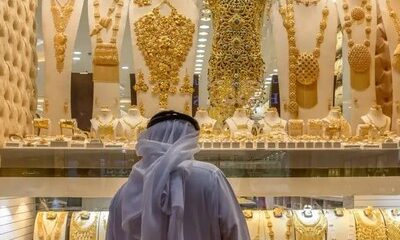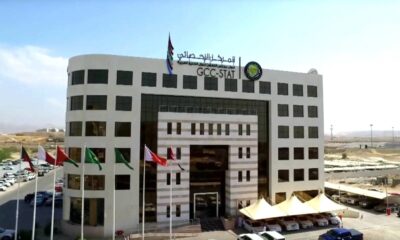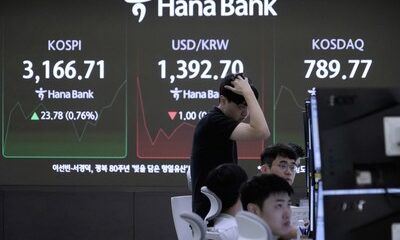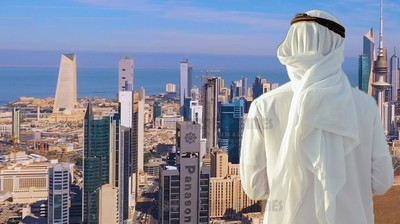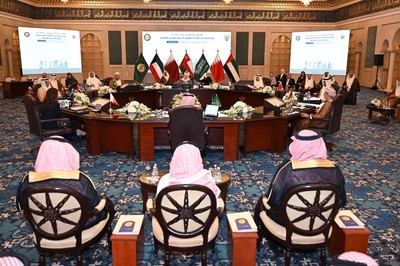Business
Gold hits new record high of $3,148 per ounce amid escalating geopolitical tensions
-
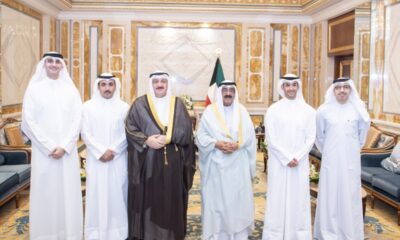
 Latest News20 hours ago
Latest News20 hours agoAmir hails medical achievements | Kuwait Times Newspaper
-
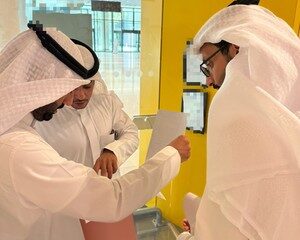
 Politics21 hours ago
Politics21 hours agoKuwait Municipality Cracks Down on Unlicensed Advertisements in Ahmadi
-
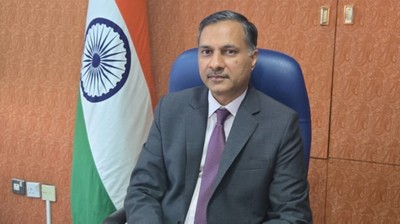
 Business23 hours ago
Business23 hours agoIndia’s Goods and Services Tax Reforms 2.0: A paradigm shift
-
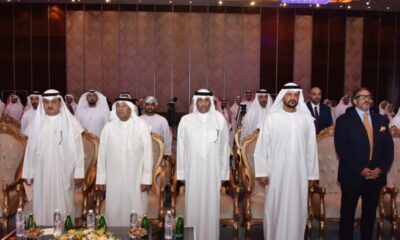
 Latest News23 hours ago
Latest News23 hours agoGCC countries remain committed to combating money laundering
-
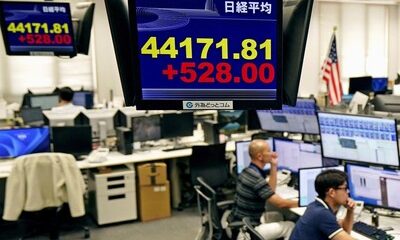
 Business21 hours ago
Business21 hours agoAsian shares trade mixed as focus shifts to Fed’s next move
-

 Latest News10 hours ago
Latest News10 hours agoCommittee reviews efforts to counter cyber threats
-
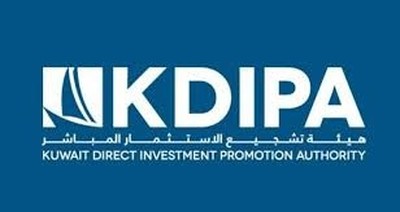
 Business19 hours ago
Business19 hours agoKuwait aims to attract value-added direct investments
-

 Politics19 hours ago
Politics19 hours agoIllegal Mobile Vehicles and Shops Targeted in Kuwait’s Ahmadi Clean-Up Drive



